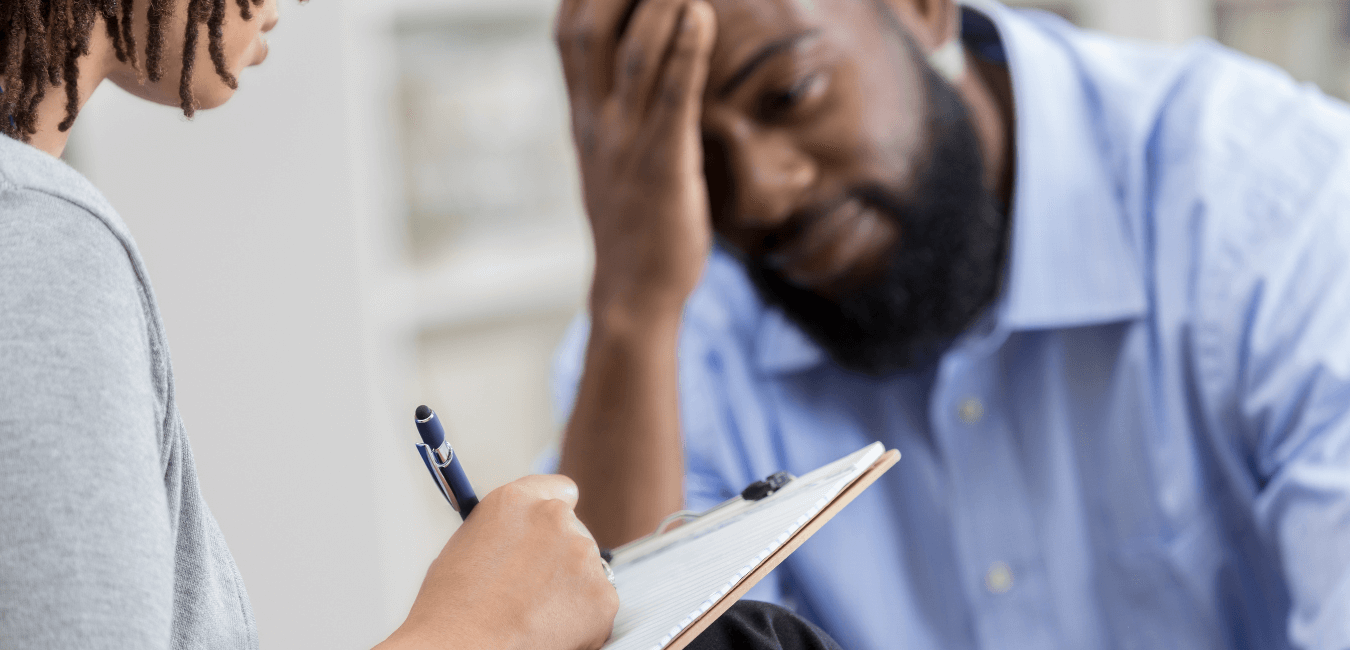About 40 million Americans received therapy in 2019, and we know the number of people seeking help since the COVID-19 pandemic hit has increased. And still, a lot of people leave their therapist’s office after a session still struggling and wondering if therapy actually works.
The answer is yes, therapy does work, but it does require that you find the right therapist and you understand what progress of therapy looks like.
What is Therapy?
Therapy helps you understand and process your feelings, motivations, and actions so you feel better emotionally and are better equipped to handle challenges in the future. Different types of psychotherapy treat various mental health disorders and concerns. There also are various types of counselors who perform these professional mental health services.
Creating a Therapy Treatment Plan
Once you find the right counselor for you, the two of you work together to create a treatment plan, which will serve as a guide for your future work and healing.
Counseling treatment plans include:
- Assessment – The history and backstory the counselor gathered during your first counseling session.
- Presenting Problem – The issue or concern that brought you to therapy. This part of the plan also will include an official diagnosis at some point.
- Goals for Therapy – An outline of what you hope to accomplish through counseling.
- Methods – A list of the therapeutic techniques the counselor plans to use to help you accomplish your therapy goals.
- Plan – A summary of how long the counselor thinks it will take you to accomplish your goals together. This component includes how often you should attend sessions, how long those sessions will be, and how long they expect your overall treatment to take.
The therapy treatment plan guides everything that happens in your sessions. It secures an understanding of what you and your counselor are trying to accomplish together. If the treatment plan changes during therapy, and it may, you and your counselor discuss the changes.
How To Know if Therapy is Working
It’s easy to wonder if therapy works when you’re in the midst of your treatment plan. Working through emotional health issues can leave you feeling drained and maybe even worse after counseling sessions. But don’t mistake these feelings for lack of progress. They probably mean that you and your counselor are working through important issues together.
- Consider Your Diagnosis – Think about your therapy treatment plan when you wonder if therapy works or if it’s working for you. You now have an official diagnosis. Before you went to treatment, you either didn’t know what was going on with you, or you were guessing. Now you have a formal diagnosis that allows you to better understand your feelings, symptoms, and how to heal from them.
- Review Your Goals – Review the goals outlined in your therapy treatment plan. Have you accomplished some goals outlined in the plan? Are you moving toward accomplishing others? Do you have a better understanding of yourself? If you’re reaching your goals, you’re making the progress your mental health expert thinks you should make, whether you feel like you’re progressing or not.
- Ponder the Methods – Think about the methods outlined in your treatment plan. Chances are if you are feeling poorly after sessions, it’s because you’re putting in the work. It’s emotionally tiring to unpack your baggage and false beliefs to move toward healing. The treatment methods your counselor is using may be meant to make you think about things you don’t want to revisit and reframe or understand them better. If you’re doing that, even if it’s uncomfortable, it means therapy is working.
- Measure Control – A lot of people go to therapy because of things that make them feel out of control. Whether they survived a trauma, don’t feel like they’re living up to their full potential, or have spiraling anxiety, therapy helps you neutralize threats and re-establish a sense of control over yourself and your situation. If you’re feeling more in control of your life, you probably have therapy to thank.
- Ask Your Therapist – If you don’t feel like you’re improving with therapy, ask your counselor what they think. Maybe they see a real improvement that you haven’t identified. Or perhaps they need to change methods. Anytime you feel discomfort from therapy, it’s good to discuss those feelings with your mental health professional.
All Counseling Knows Therapy Works
Therapy may not always make you feel comfortable. You may even feel tired or down after counseling sessions. These feelings likely are because you’re working through some challenges. Always talk to your therapist if you’re uncertain if you’re making progress. The majority of people who go to therapy report positive results.
All Counseling wants to help you find the right counselor to help you get the mental health support you deserve. Use our searchable therapist directory to find the counselor you need.
2020 was so bad, 1 in 6 Americans entered therapy for the first time!. (2021). Retrieved 21 October 2021, from https://www.studyfinds.org/2020-so-bad-americans-entered-therapy-first-time/
Mental health treatment or counseling among adults U.S. 2002-2019 | Statista. (2021). Retrieved 21 October 2021, from https://www.statista.com/statistics/794027/mental-health-treatment-counseling-past-year-us-adults/

